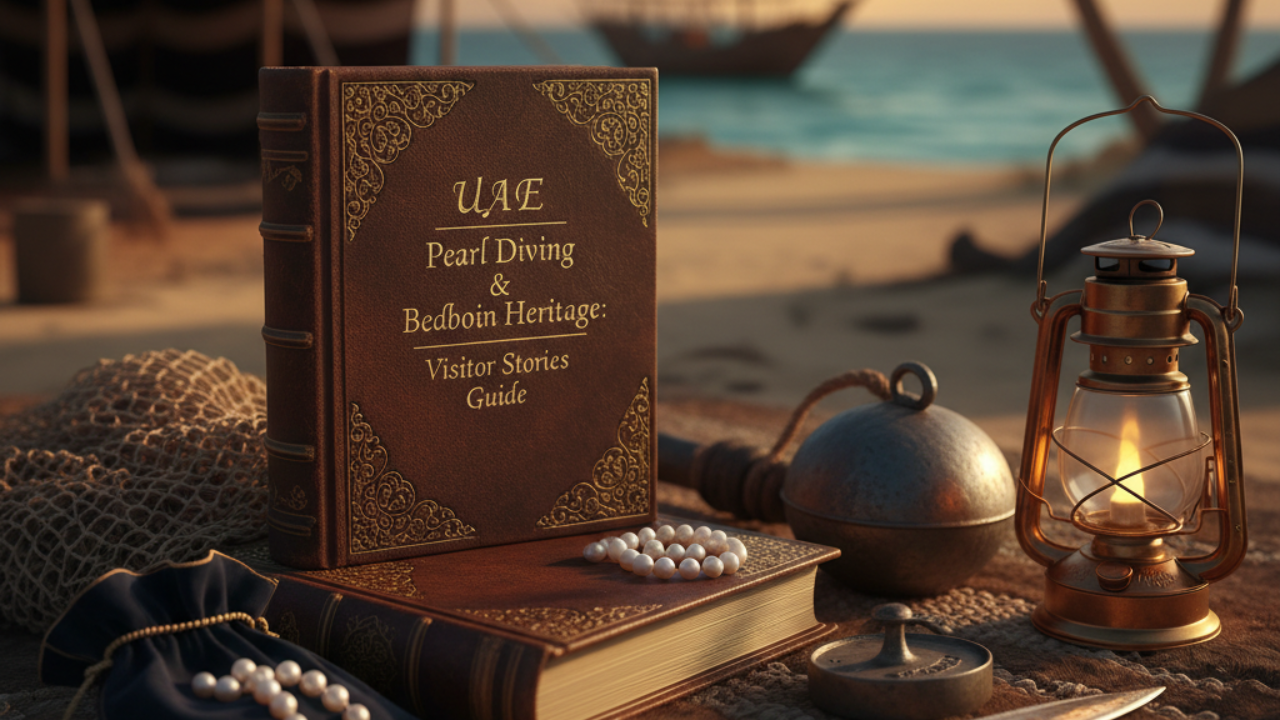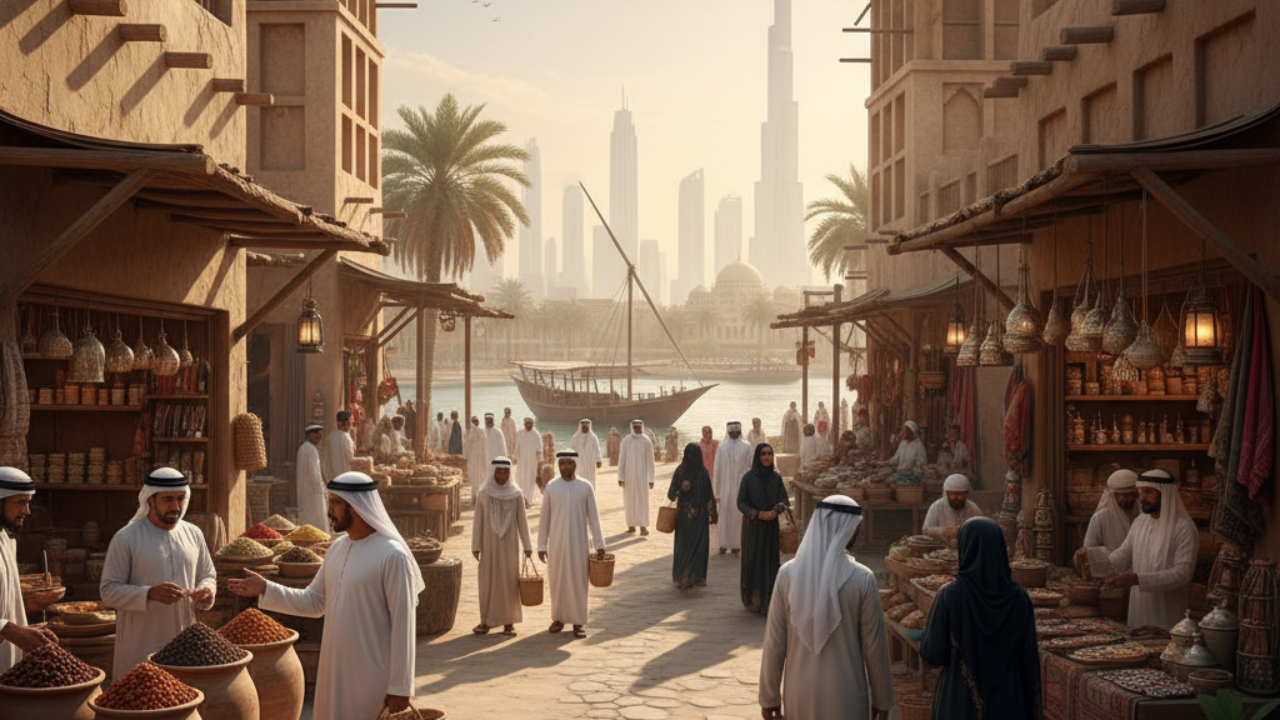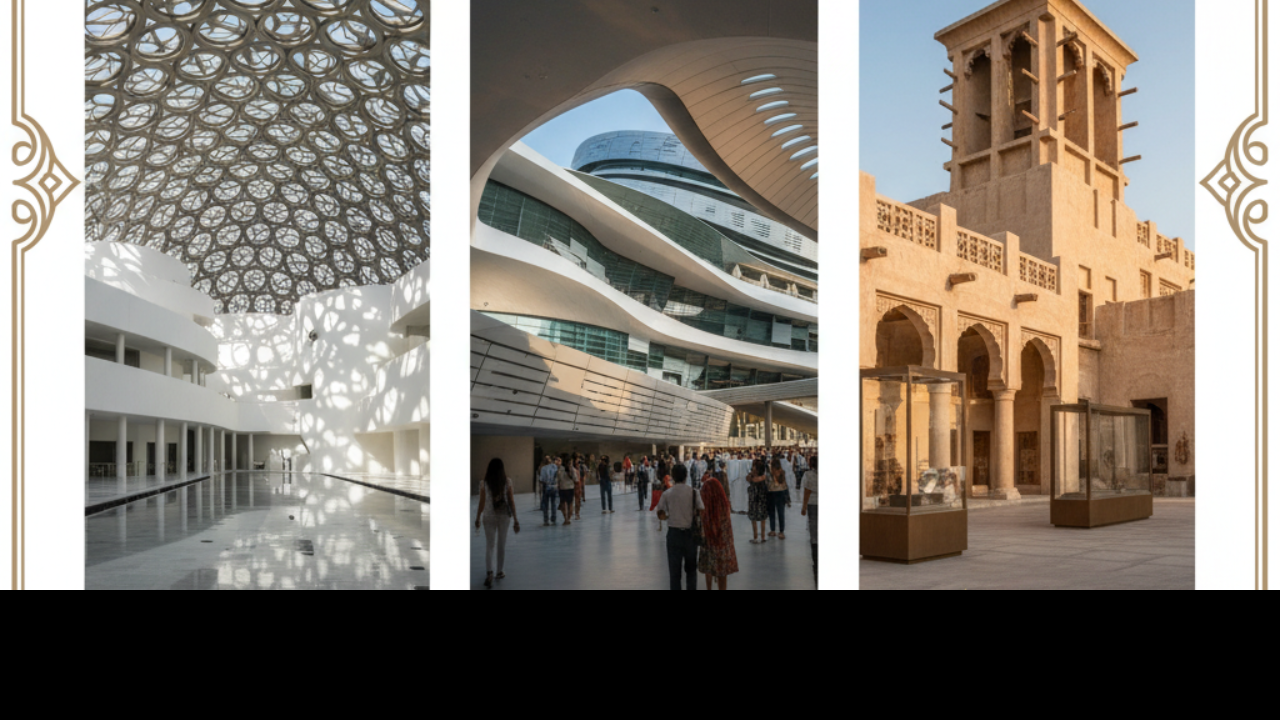
Post by : Zayd Kamal
Throughout history, stories have been passed down from generation to generation, some grounded in fact, others in fantasy. These stories are categorized as history, myth, or legend, but how can we distinguish between them? The line between these genres can often be blurred, making it essential to understand their differences. In this article, we will explore how we can tell the difference between history, myth, and legend and explain how historians and scholars determine which stories hold factual value and which are purely fictional.
History is the study of past events, especially in human affairs. It relies on factual evidence such as documents, artifacts, and firsthand accounts to reconstruct and interpret past occurrences. Unlike myths or legends, which are often driven by imagination and symbolism, history is grounded in verifiable truth. When historians study the past, they use a variety of tools to determine what really happened, such as analyzing written records, examining archaeological finds, and cross-referencing accounts from different sources. Historical events like the signing of treaties, wars, and the rise and fall of civilizations are supported by tangible evidence such as government documents, photographs, and other records. For instance, the World War II era is supported by war records, survivor testimonies, and photographs, providing us with clear evidence of what transpired during that time.
A myth is a traditional story, often tied to a specific culture, that explains natural phenomena, customs, or the origins of the world through supernatural or divine figures. Myths typically involve gods, heroes, and magical events, and they are often used to explain things that were otherwise unexplainable. Myths are not based on historical facts, but instead serve to provide moral lessons, preserve cultural values, and create a sense of wonder. An example of a myth is the Greek story of Zeus, the king of the gods, who controls thunder and lightning. This myth is symbolic, serving to explain natural events through divine intervention. While myths can contain moral truths or cultural insights, they are not considered factual histories. Myths provide rich symbolism and are crucial for understanding ancient cultures, but they are primarily fictional narratives.
A legend is a story that is based on real events or people but includes exaggerated details, supernatural elements, or fictionalized accounts. Legends tend to evolve over time as they are passed down through generations, with the facts becoming more fantastical with each retelling. While legends may have a historical foundation, they often take on larger-than-life qualities. For example, the tale of King Arthur and his knights, although inspired by real leaders and warriors, includes magical elements like the sword in the stone and the quest for the Holy Grail. These additions are not part of historical fact, but they serve to amplify the narrative, making it more engaging and meaningful for listeners. Legends, like myths, have cultural significance and preserve the heroic ideals of societies, but they do not offer a factual account of real-life events in the way history does.
Historians and scholars use a combination of critical analysis and evidence to differentiate between history, myth, and legend. The key lies in the availability of verifiable evidence. History is backed by written records, eyewitness accounts, and physical artifacts that can be cross-referenced for accuracy. Historians examine these sources meticulously, looking for inconsistencies or biases that may distort the truth. In contrast, myths and legends are passed down through oral tradition, and their truthfulness is often shaped by cultural beliefs, moral values, and storytelling conventions. Although myths and legends may contain elements of real events or historical figures, they cannot be considered factual. Historians also look at the context of a story and its purpose—whether it was meant to teach moral lessons, preserve cultural traditions, or entertain an audience. By analyzing these elements, historians can piece together a more accurate understanding of what occurred in the past.
Summary: In this article, we explored how we can tell the difference between history, myth, and legend. History is grounded in verifiable facts and evidence, such as documents and eyewitness accounts, and aims to document real events. Myths, on the other hand, are traditional stories that explain natural phenomena or cultural beliefs through supernatural beings and forces, without being based on historical facts. Legends blend truth and fantasy, often rooted in real events or people but with exaggerated details or magical elements. Historians differentiate between these categories through critical analysis, using evidence and context to separate factual history from fictional narratives.
Disclaimer: The content in this article is for informational purposes only and reflects the interpretation of various historical, mythological, and legendary stories. The views expressed do not necessarily represent the position of the DXB News Network, and readers are encouraged to consult further sources for a deeper understanding of these topics.

Explore Dubai’s Vibrant Art Scene: Galleries, Exhibitions and Cultural Nights 2025
Discover top art galleries in Dubai 2025, from Alserkal Avenue to DIFC Art Nights, featuring exhibit

Preserving Tradition: Arabic Language and Calligraphy in the UAE
Explore how the UAE preserves Arabic language and calligraphy through education, museums, art exhibi

Experience Art and Performance: UAE’s Top Cultural Venues in 2025
Explore UAE’s top theatre, opera and performing arts venues in 2025 with shows, events, cultural exp

Savor Tradition: Emirati Food and Culture Every Expat Should Experience
Discover traditional Emirati food and culture in 2025. From harees and machboos to falconry and hosp

Discover UAE’s Pearl Diving and Bedouin Heritage: History and Stories 2025
Explore UAE’s pearl diving and Bedouin heritage with stories, traditions, cultural experiences and h

Experience Tradition and Culture: Heritage Villages and Souks in 2025
Explore Dubai and Sharjah heritage villages and traditional souks with our complete guide to shoppin

Discover UAE’s Finest Museums: Art, History & Cultural Treasures 2025
Explore the best museums in UAE 2025 including Louvre Abu Dhabi, Dubai Museum and Sharjah Arts Found

Skin Microbiome Secrets to Healthy and Balanced Skin
Explore the skin microbiome its role in skin health and simple ways to keep your skin balanced healt

Sarcopenia How Aging Steals Muscle and Ways to Stay Strong
Discover sarcopenia the silent muscle loss with age its signs causes and simple ways to stay strong

Cultural Appropriation vs Appreciation Respecting Global Traditions
Learn the difference between cultural appropriation and appreciation to respect traditions and celeb

Uniform and Rebellion How Personal Identity Thrives Within Rules
Explore how uniforms shape identity and spark subtle rebellion blending conformity with personal exp

The Unseen Labor Behind Fashion Inside the Secret Stitch
Discover the hidden world of fashion labor and the secret stitch behind every garment Honor the hand

Digital Couture The Future of Fashion in a Virtual World
Explore Digital Couture virtual fashion creative designs eco friendly trends and how technology is s

Fast Fashion Mental Cost How Clothes Affect Your Mind & Mood
Discover how fast fashion affects your mind from trend pressure to social comparison and learn ways

The Solaya Project 234 Ultra Luxury Beachfront Homes in Jumeirah 1
Experience The Solaya Project in Jumeirah 1 with 234 luxury beachfront homes world class amenities a